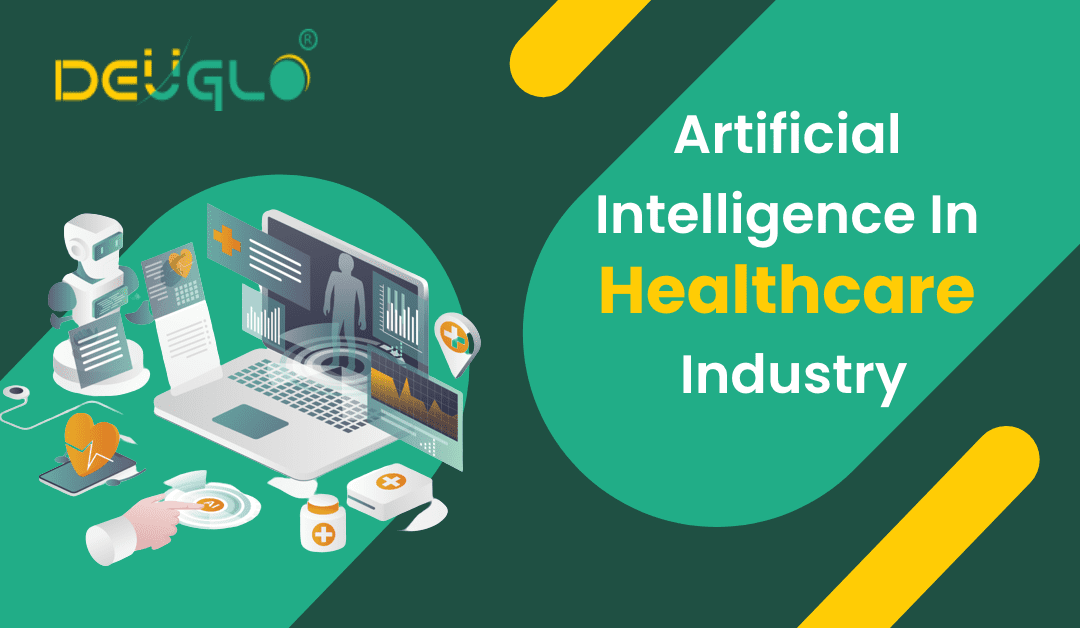Artificial intelligence (AI) has been in use since the 1960s; however, its recent applications have been quite successful. AI can help physicians diagnose diseases, find cures, predict future outcomes, and even improve patient care. In healthcare, AI is used to analyze data from medical records, scan images, and provide instant feedback. AI software works like humans do, but much faster. This allows doctors to make better decisions based on evidence rather than hunches. Furthermore, AI uses machine learning algorithms that are able to learn from experience without being explicitly programmed. This makes AI robust and scalable, unlike human decision-making.
A few examples of how AI is used in medicine include:
Image analysis: AI software can identify tumors and other abnormalities in X-ray and MRI scans. These computers use deep neural networks to recognize patterns in medical images.
Disease diagnosis: AI can look at symptoms and suggest possible diagnoses. For example, if a person’s skin turns red after eating certain foods, then AI could automatically detect this symptom as food allergy. It would then recommend that the person avoid those foods.
Drug discovery: AI can evaluate thousands of chemicals to determine which ones may cure a disease. It can also predict how safe each chemical might be before testing.
Gene sequencing: AI can sequence genes from DNA samples by analyzing millions of sequences in parallel. Such technology is already helping scientists understand genetic disorders and develop treatments.
Advantages of Artificial Intelligence in Healthcare Industry
Healthcare is facing many challenges today due to its rising costs and lack of patient compliance. AI can help in solving these problems by offering solutions that are cost-effective and efficient. Here we have given below the advantages of artificial intelligence in the healthcare field.
1) Better customer service
AI is used as a tool for better customer service. Chatbots are used to provide information about medicines and treatments to patients. This helps both doctors and patients in understanding each other’s needs and expectations.
2) Improves doctor efficiency
Doctors use AI to find out information about their patients and make decisions based on this data. These tools help them in making more accurate diagnoses and treatment plans. They reduce human error and increase work efficiency.
Artificial Intelligence in Healthcare examples
- AI-based Predictive Analytics
Predictive analytics are used to analyze data from past events and use that information to predict future outcomes or activity. This can help identify patterns in patient behavior that may lead to better treatment options and allow doctors to anticipate problems before they arise. In healthcare, predictive analytics are often used to determine the risk factors associated with certain diseases or conditions and help clinicians make appropriate decisions about preventive treatments and interventions.
- Artificial Intelligence (AI) Applications in Healthcare
Artificial Intelligence has been increasingly implemented in health care settings over the last decade. These technologies include chatbots, machine learning, natural language processing, and computer vision. Chatbots are programs designed to converse with users using prewritten scripts. Machine learning refers to a set of techniques that enable computers to automatically learn without being explicitly programmed. Natural language processing involves analyzing text and converting it into structured data. Computer vision uses software to recognize visual features in images, including facial recognition technology.
Conclusion
AI can be used in many medical applications like diagnosis, prognosis, treatment planning, decision making and others. It can help doctors make better predictions about diseases and also allow them to do their jobs faster.
If you are looking for AI Services or AI Solutions for your Hospital, Clinic, Doctors and Healthcare? Please get in touch with us.

